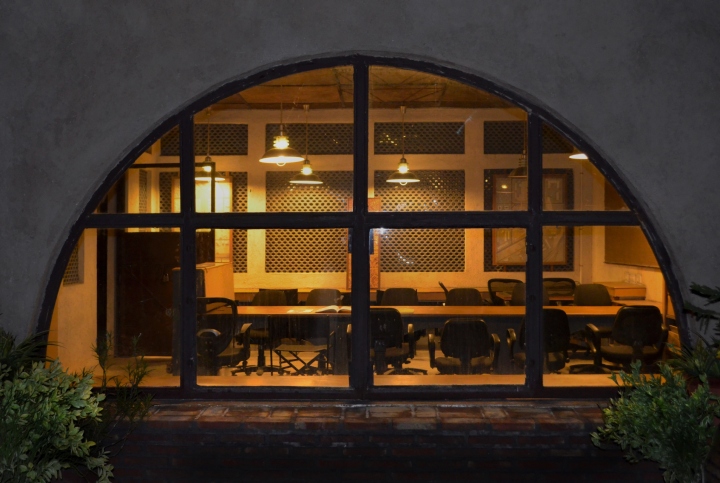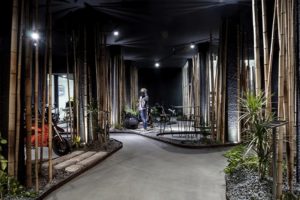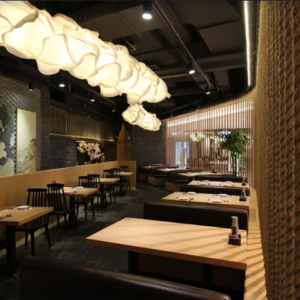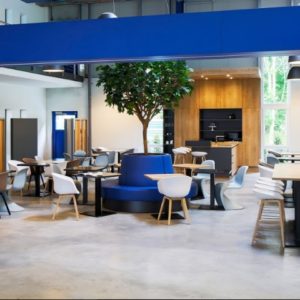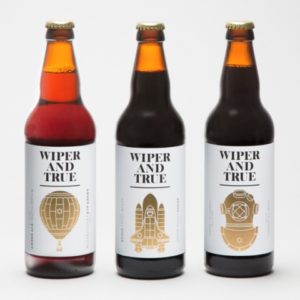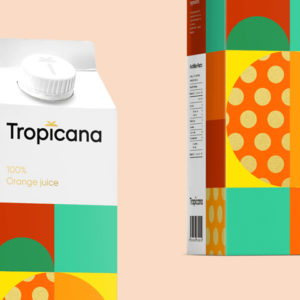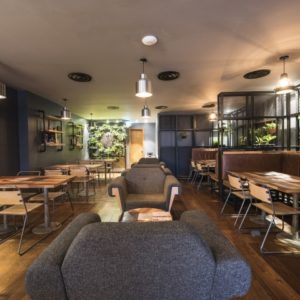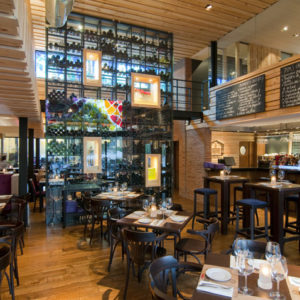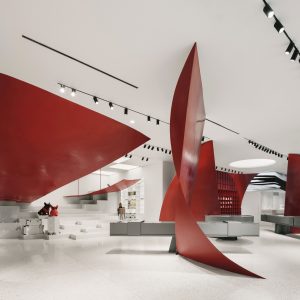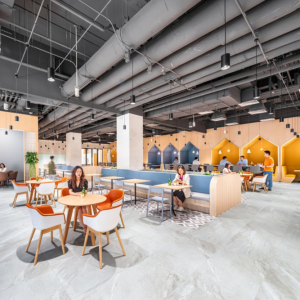
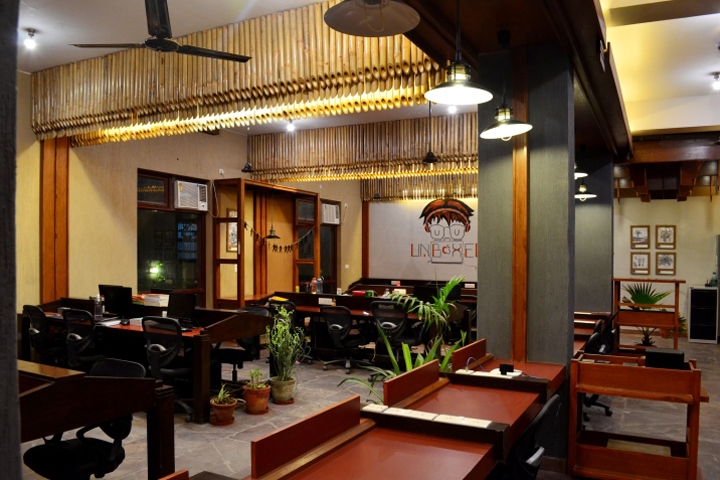

A Retrofit Revival
Unboxed Coworking situated in Noida, India is one of its kinds. Designed by Noida based Chaukor Studio, its uniqueness is imbibed in its regenerative transformation from an old industrial unit to a dynamic coworking space. An eco-sensitive approach to retrofitting – Retaining most of the surfaces and reusing salvaged elements from the old building creates a resource efficient and cost effective design process. An overlap of new layers to the existing patterns and form of the building gives the space its distinct character; a dynamic mix of old and new.
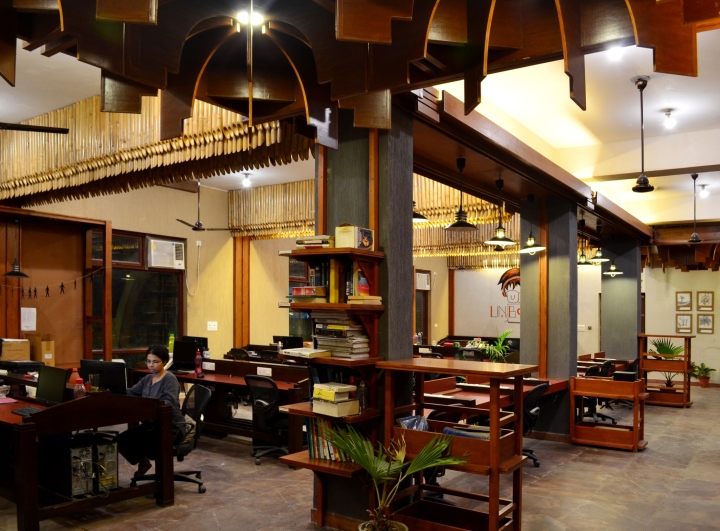
Alternative Design Solution
A conventional approach to retro-fitment project starts with designing from scratch, scraping of all the existing elements. It disregards the environmental impact and also results in higher costs. A balance of demolition and recreation in retro-fitments, not only reduces the project costs and environmental impacts but also adds to the essence of design capturing the imprinted layers of past.
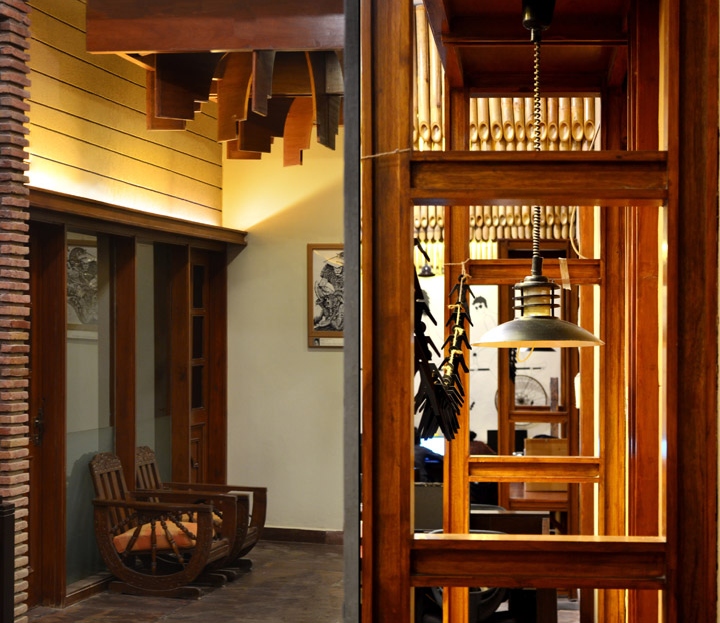
Essence of revival
The amalgamative approach used to create unboxed coworking provides the spaces with the comfort of familiarity. So when the old building’s service lobby was transformed into an informal exhibition area, it became a memoir of the buildings past. The artwork and story exhibitions create a buzz in the place, giving way to profound conversations. This acquaintance creates an ease with the space inhibited by the coworkers thus fostering a sense of community and collaboration.
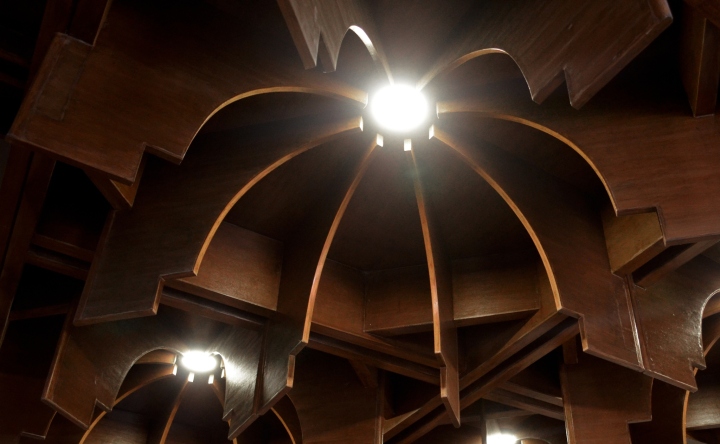
Redefining Functions – Retaining Forms
The design is built around two diametrically opposite constraints; of redefining the functional usage while retaining existing structure. The available configuration of an industrial unit was recreated into an open plan workspace with basic interventions sustaining transparency and flow. The junctions are designed as informal breakout zones creating constant collision amongst coworkers, enhancing interaction. Illustrating this essence, the book racks designed around the lobby areas are places for daily dose of discussion and debate.
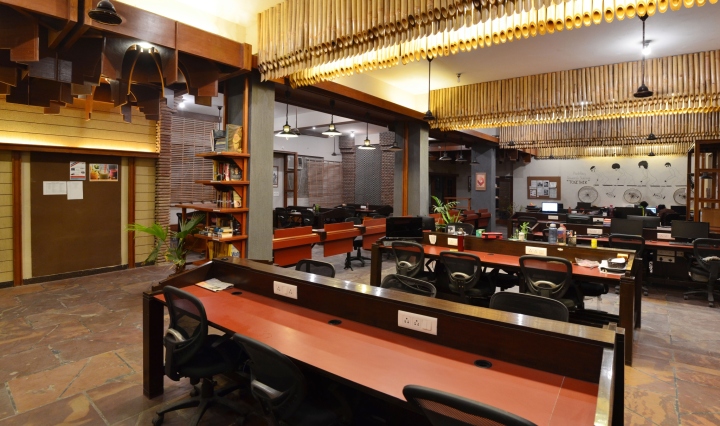
Salvaged Elements
Various salvaged goods from the factory are reused to depict design and cost efficiency. Metal frames, door and window shutters and industrial scaffoldings were reconfigured and revamped to create ceiling elements, partitions and custom furniture. This is displayed by the translucent partitions for discussion pods created using reclaimed lattices and wooden shutters from the old factory.
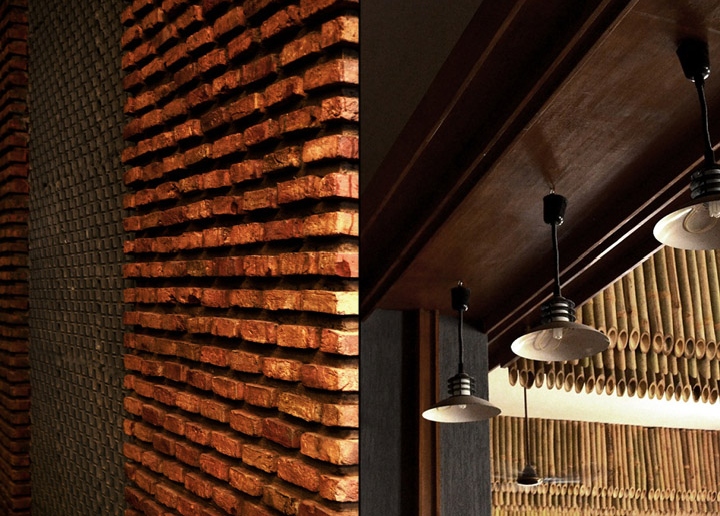
Textured Finishes
The spatial character of different spaces is modified with the use of complementary patterns and textures on the backdrop of stripped surfaces, roughened floor and undulated walls. One such feature is the Eccentric bamboo-wood ceiling complimenting the earthen hues of natural surfaces finishes, which frames an aesthetical visual experience while depicting the idea of eco sensitivity.
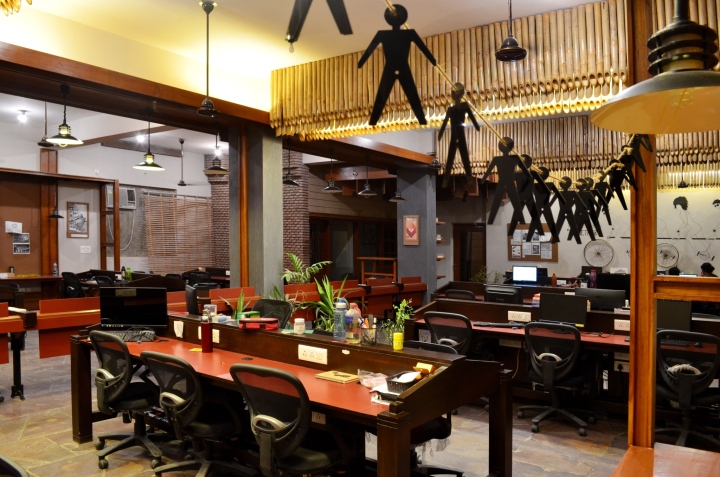
Imitating Forms
In addition to integration, imitation is also used as a design tool to showcase the initial use-case of the building. Ceilings elements designed to resemble various parts of machinery have been integrated throughout the coworking space that provides reflection to its users into the building’s past.
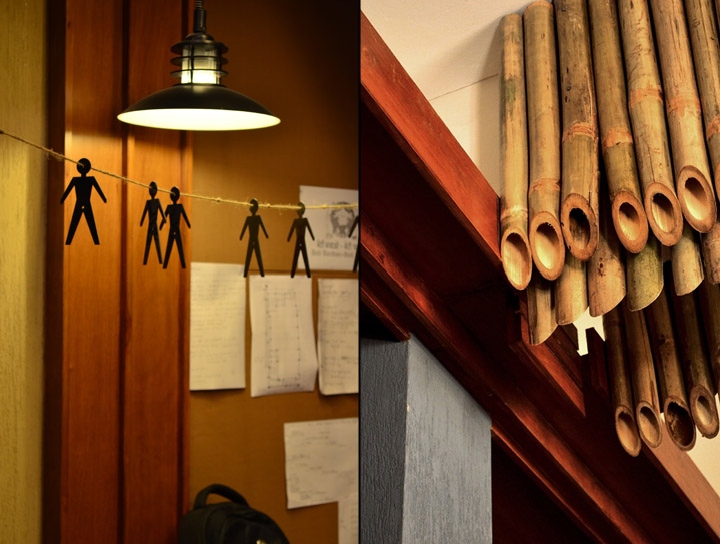
Ecologically Sound – Aesthetically Sensible
With the vision to create a space that showcases a sensitive identity of creation, Unboxed Coworking is a fine example of an evolutionary design approach that integrates the past to the future use-case of the building. By retention of existing elements and addition of newer ones, the retro-fitting of the coworking space has led to a holistic design. This has phenomenally reduced the environmental impacts and project costs while providing a work space that is humane and aesthetically sensible.
Design: Chaukor Studio
Photography: Mohammad Javed
